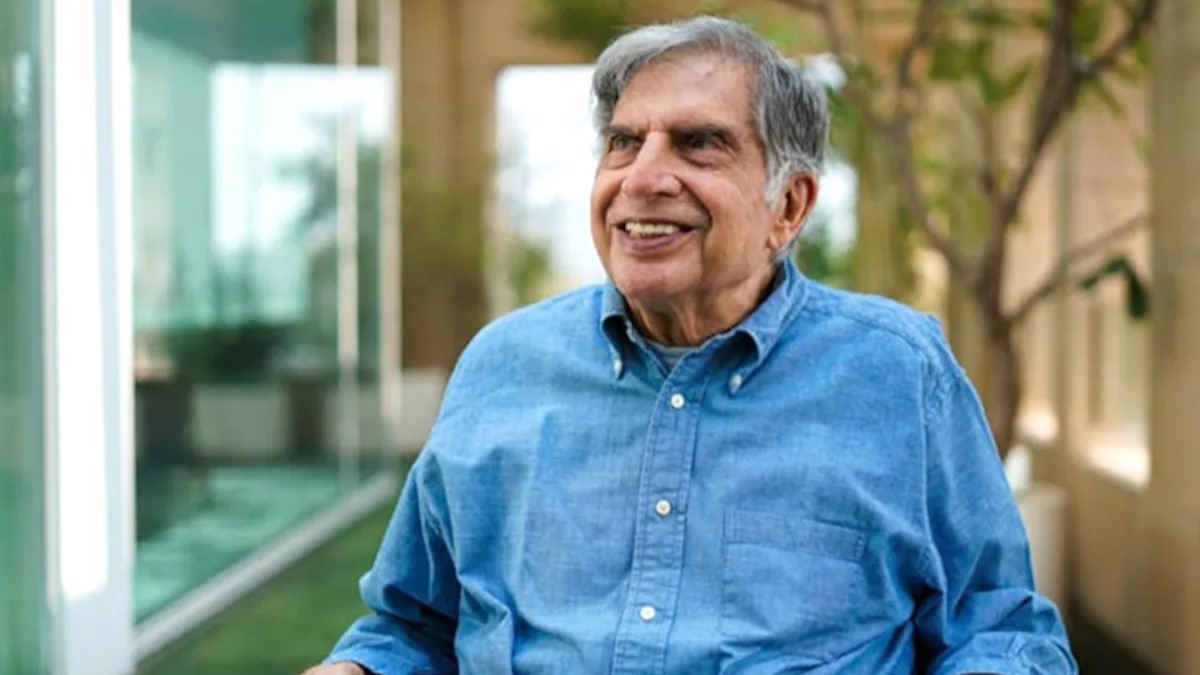
Ratan Naval Tata is a shining star in Indian industry. He is not only known as the former chairman of the Tata Group but also as a visionary leader, entrepreneur, and philanthropist. His life and work have had a profound impact on the Indian economy and society. This biography provides a detailed account of his life, achievements, and contributions.
Family and Early Life
Ratan Tata was born on December 28, 1937, in Mumbai, India. His father, Naval Tata, was an industrialist, and his mother, Sonoo Tata, was of Parsi descent. Ratan Tata’s family is connected to J.R.D. Tata, the founder of the Tata Group, who was his uncle.
Ratan Tata received his early education in Mumbai. He attended St. Xavier’s High School and later pursued his undergraduate degree in architecture at Cornell University in New York. He then earned a Master’s degree in Management from Harvard Business School.
Beginning of Professional Career
Ratan Tata began his career in the Tata Group in 1962. He started as a general employee, allowing him to understand the various functions and processes of the company. His hard work and capabilities helped him gradually rise to various important positions within the group.
In 1971, Ratan Tata was appointed as the Vice President of Tata Steel, where he focused on improving production and developing new products. In 1991, he became the Chairman of the Tata Group. Under his leadership, the group touched many new dimensions and established a global presence.
Major Projects and Acquisitions
Under Ratan Tata’s leadership, the Tata Group made several significant acquisitions. Some of the major acquisitions include:
- Acquisition of Tata Motors: In 2008, Tata Motors acquired Jaguar and Land Rover, British car manufacturers. This acquisition gave Tata Motors a new identity on the international stage and helped expand the company’s product range.
- Tata Consultancy Services (TCS): During Ratan Tata’s tenure, TCS achieved unique success in the information technology sector. The company expanded its operations globally and is now India’s largest IT service provider.
- Tata Nano: Ratan Tata launched the Tata Nano in 2008, which is considered the world’s cheapest car. This project exemplifies his vision of making cars accessible to the common man through technological innovation and affordable pricing.
Social Responsibility and Philanthropy
Ratan Tata has always placed a high value on social responsibility. Through the Tata Trusts, he has initiated numerous initiatives in education, health, and rural development. Some of his key contributions include:
- Education: Ratan Tata has established several educational institutions through the Tata Trusts, including the Tata Institute of Social Sciences and Tata Memorial Hospital. These institutions not only provide high-quality education but also offer opportunities for underprivileged sections of society.
- Health: The Tata Trusts have made significant contributions in the field of health as well. They have played an important role in cancer research and treatment. Tata Memorial Hospital is a leading institution for cancer care.
- Rural Development: Ratan Tata has supported many programs for rural development. He has initiated several projects to improve agriculture and infrastructure, promoting the development of rural areas.
Awards and Honors
Ratan Tata has received numerous awards and recognitions for his contributions. Some of the notable awards include:
- Padma Bhushan: Ratan Tata was awarded the Padma Bhushan by the Government of India in 2000, which is the third-highest civilian award in India.
- Padma Vibhushan: In 2008, he was honored with the Padma Vibhushan, the second-highest civilian award in India.
- International Awards: Ratan Tata has also been honored on various international platforms, such as the Global Business Leadership Award and being listed among Fortune’s 50 Most Powerful Women.
Leadership Style of Ratan Tata
Ratan Tata’s leadership style is unique and impactful. He is known for his humility and believes in motivating his employees. Some of his key leadership traits include:
- Visionary: Ratan Tata has always emphasized looking toward the future. He has made several visionary decisions to make the Tata Group competitive on a global scale.
- Teamwork: Ratan Tata has encouraged teamwork. He has always listened to and valued the ideas of his team members.
- Social Responsibility: He prioritized social responsibility in his business. He believes that a successful business should fulfill its obligations to society.
Current Status and Future Plans
Since retiring as chairman of the Tata Group in 2012, Ratan Tata has remained active in business activities. He is investing in various startups and mentoring young entrepreneurs.
Inspiration for Youth
Ratan Tata’s life serves as an inspiration for the youth. His statement, “Your work does not define you; rather, what you do defines you,” sends a vital message to young entrepreneurs. He has proven that success in business can be achieved while adhering to honesty, hard work, and social responsibility.
Ratan Tata’s life and work teach us that business is not merely a means to make profits; it is also a way to serve society. Through his actions, he has demonstrated that a successful businessman is one who takes into account his responsibilities towards society. His thoughts and deeds will continue to inspire generations to come, and he will always be remembered as an inspirational figure in the Indian industrial landscape.

Leave a Reply